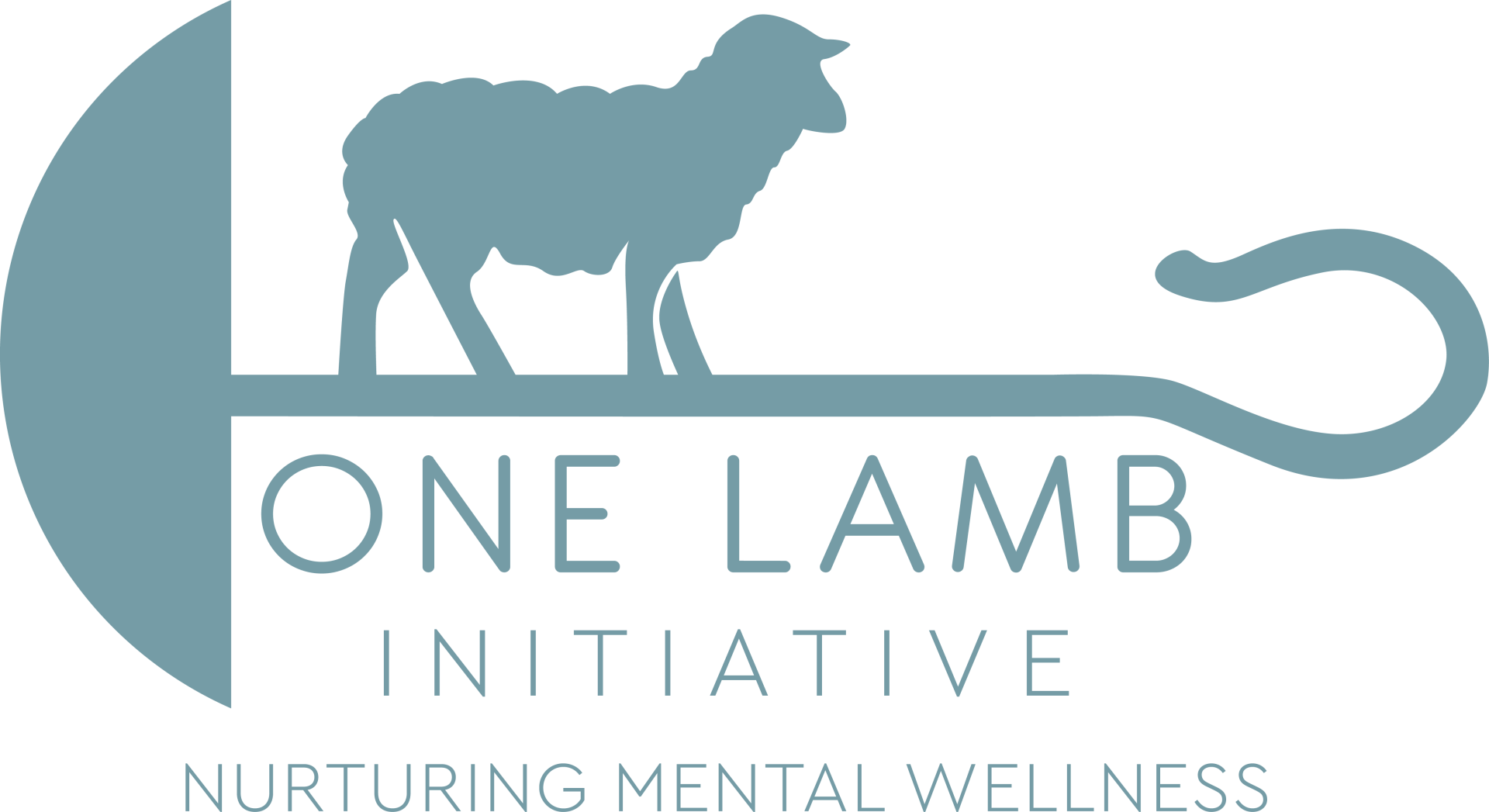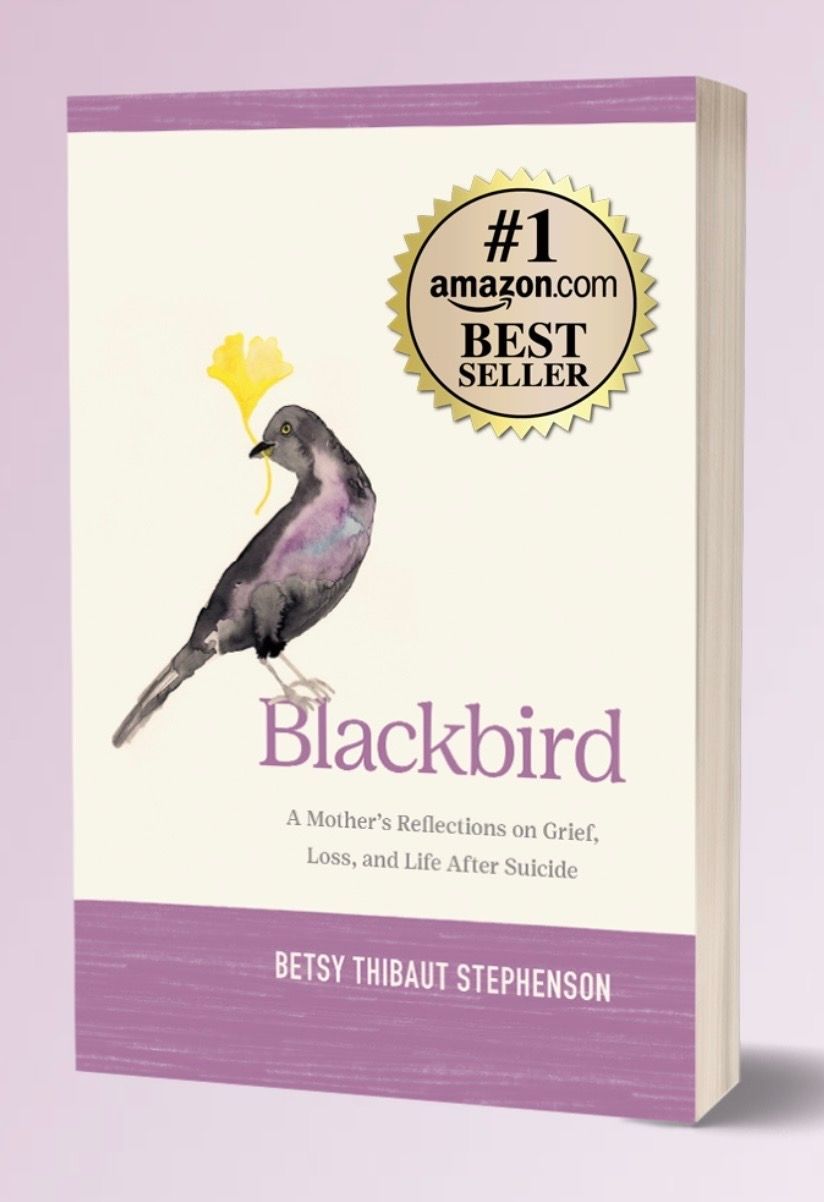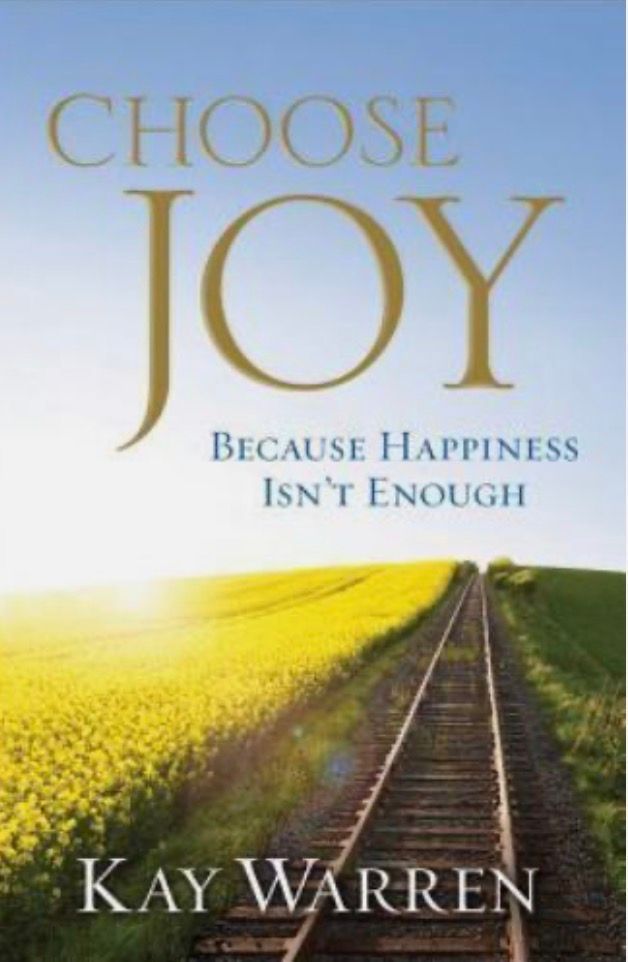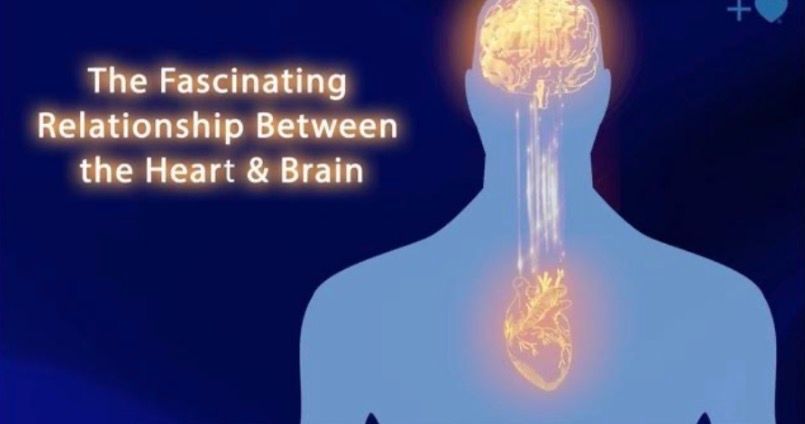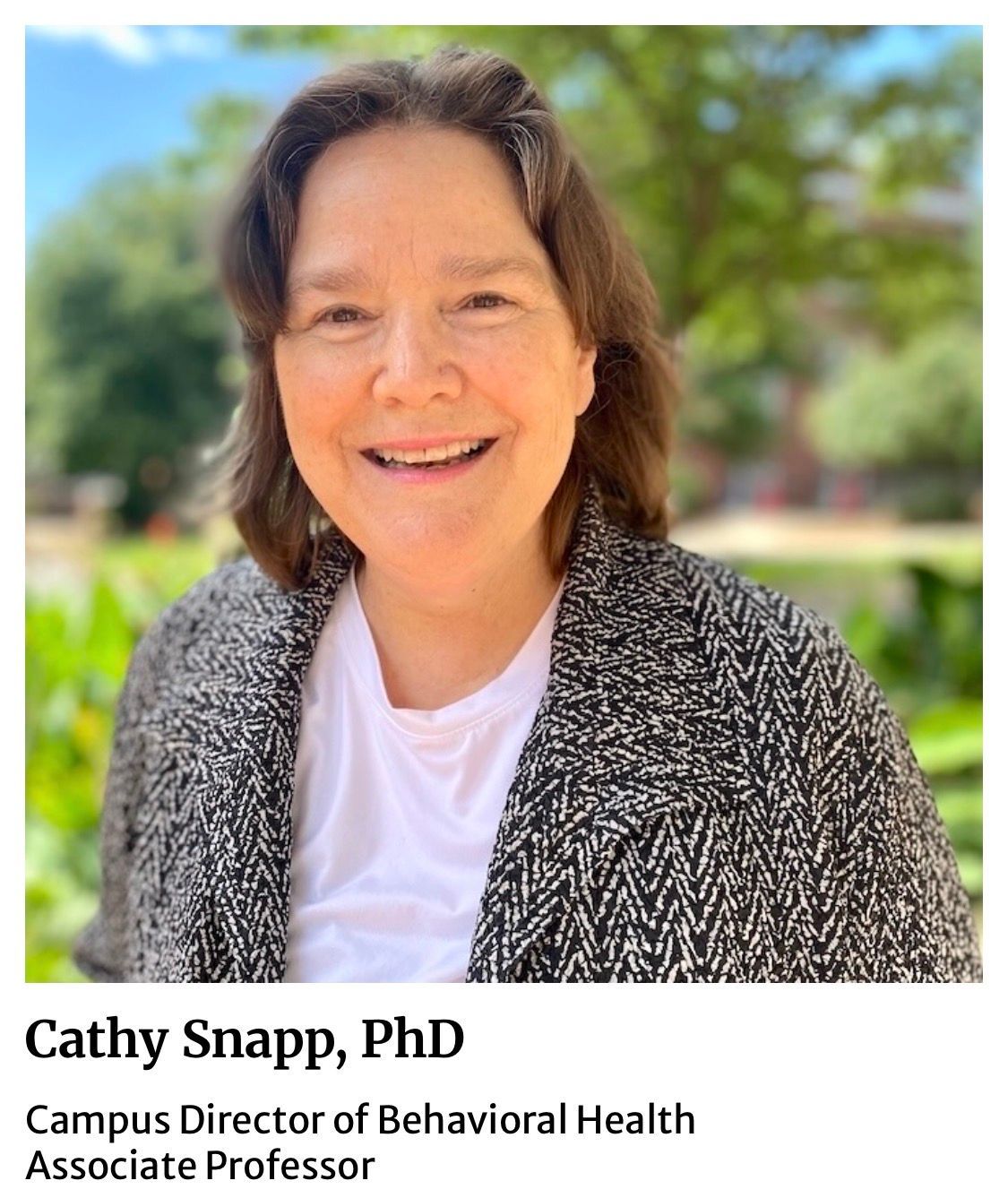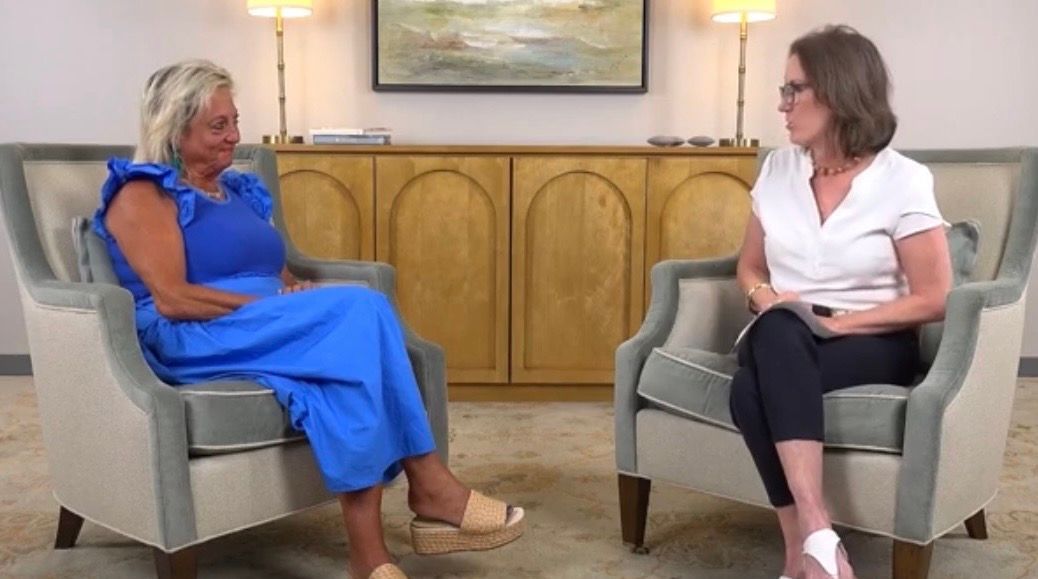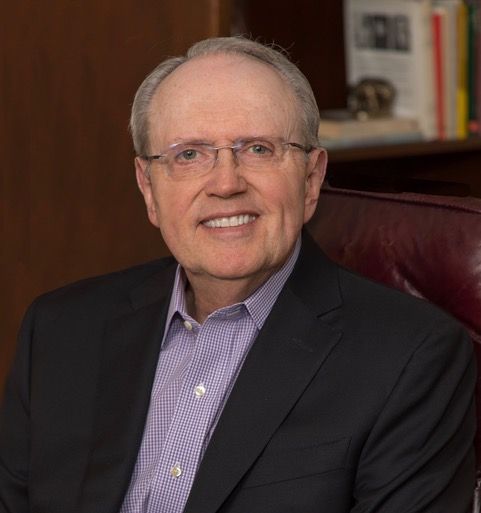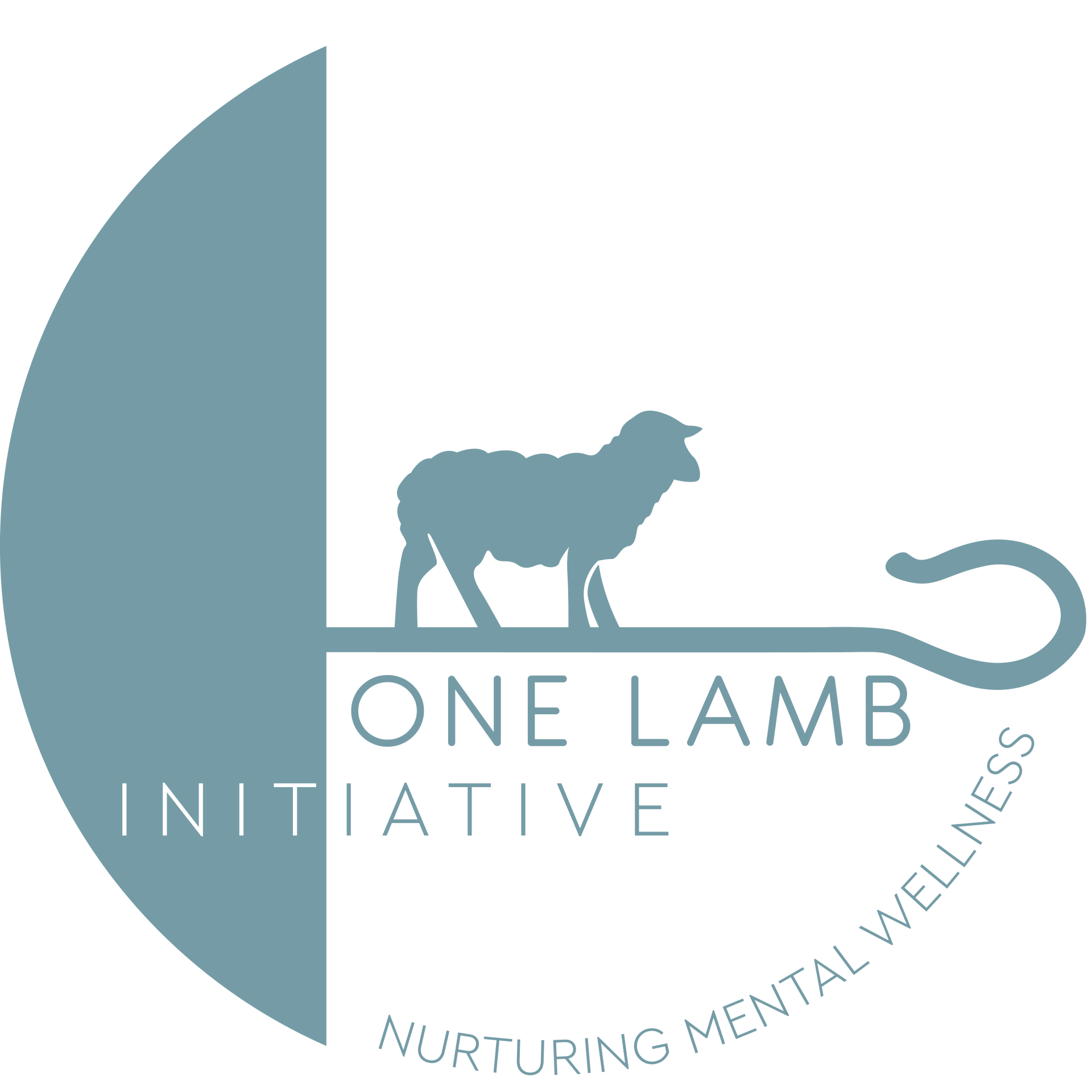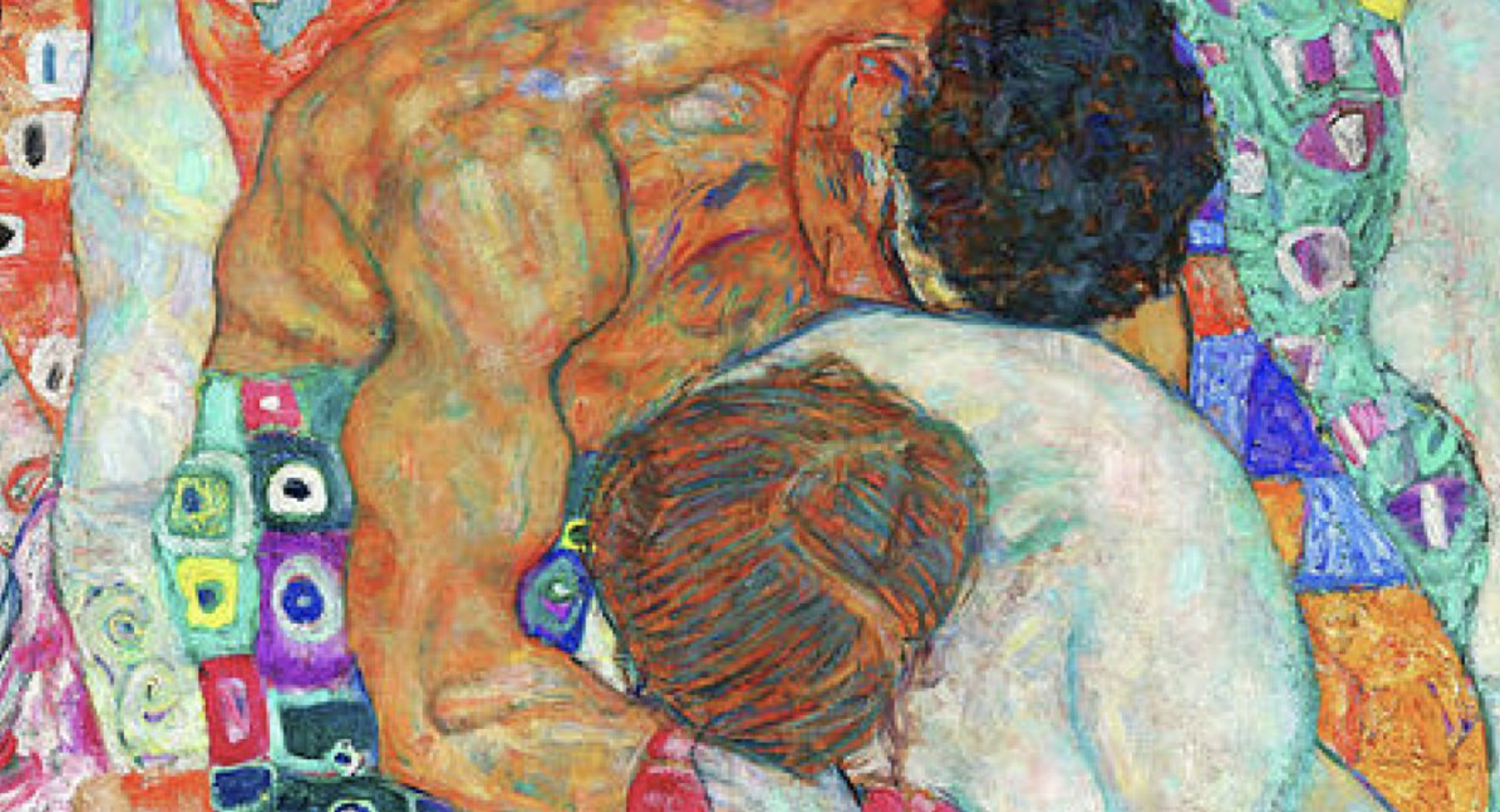
Death separates us. Death draws us together.
As people of faith, death asks us to come together and celebrate life. It asks us to remember the good of the deceased. As people of faith, it requires worship of us. Death asks us, very quietly, to love one another in hope and trust and faith – today. Death heals and comforts and amazingly, oftentimes, does it better than life.
Death keeps us real.
Is it because in life, we try to find our way on our own, often unwilling to think about death? We have faith, but we also have our minds made up about how we should live, how we should respond. But we get diverted. Self always gets in the way of faith. And Self is blind-sided when Death comes in and draws a line and says, “You have no control anymore. Now what do you say?” And then we must accept the reality of life and death. Then we must recognize the illusion under which we reside. The illusion that we can make our lives a certain way or we can manage the length of our lives if we are smart, careful, and health conscious. We can do everything right, but we have no control over death.

Henri Nouwen speaks of this as the third movement of the Christian life. (The first movement is from loneliness to solitude; the second movement is from hostility to hospitality.) This third movement is from the illusion that life is not what we thought it would be to a life of prayer. A life of prayer that says, “Thy will be done.”
That does not mean that we sit down and wait to die. Other passages in scripture instruct us to work. “Serve the Lord with gladness”, “Work as unto the Lord”, “Whatever you do work at it with all your heart, mind, soul, and strength.” And while we work at our jobs, we can maintain a servant heart for those around us. And while we work and love others, we begin to learn we are not our own, but we belong to a heavenly Father who loves us and is watching us as we make our way to the day we will die.
These three movements, for the Christian, become living and active as we contemplate their rich meanings in the face of death:
- From loneliness to solitude is the movement where we discover that we are loved by a great God. It is in solitude we come close to our Savior. We never need fear being alone (or facing death) because in trusting Jesus Christ, we have this friend and Savior who is always with us – every day on this earth and into Eternity when we die. There is never a day without the faithful friendship of Jesus for those who trust in Him. And in trusting, we can look death in the face and know it does not have the final say. It is what gives the griever hope.
- From hostility to hospitality helps us to discover that as a believer, we can let go of the insecurities we cling to in this life. And when we let go, there is room for loving others richly, without conditions or criticisms. We can forgive and grow. We can, in fact, be hospitable. Certainly, when we first face our mortality or that of a loved one, we are hostile – we rage, fret, scream “No!” to a seemingly absent God. But as we focus on solitude with God, we do learn to trust God and let go of our own desires. We find we can actually reach out to others and help them in their sorrows.
- From illusion to prayer frees us to ultimately laugh at our humanness. We discover we are so very out of control – really. But in our “out-of-control-ness” we are freed to trust in the One who calms all our fears, comforts us in our weaknesses, and strengthens us for duty. We find we can turn our prayers to our Lord and trust Him. No matter what. It begins with the solitude, which molds our hearts toward our heavenly Father. The more we gaze into God’s eyes, God’s teaching, God’s love, we depend more on God and less on ourselves. We rely on something greater – even while our heart is breaking as we grieve.
And when Death does come, we won’t feel lonely. We won’t feel hostile. We will know that this life is not what we thought all along, but a preparation ground for a new life – rich in prayer and worship of an almighty, eternal, and loving God. We can confidently proclaim, “Thy will be done.” That does not mean that we sit down and wait to die. Other passages in scripture instruct us to work. “Serve the Lord with gladness”, “Work as unto the Lord”, “Whatever you do work at it with all your heart, mind, soul, and strength.” And while we work at our jobs, we can maintain a servant heart for those around us. And while we work and love others, we begin to learn we are not our own, but we belong to a heavenly Father who loves us and is watching us as we make our way to the day we will die.
